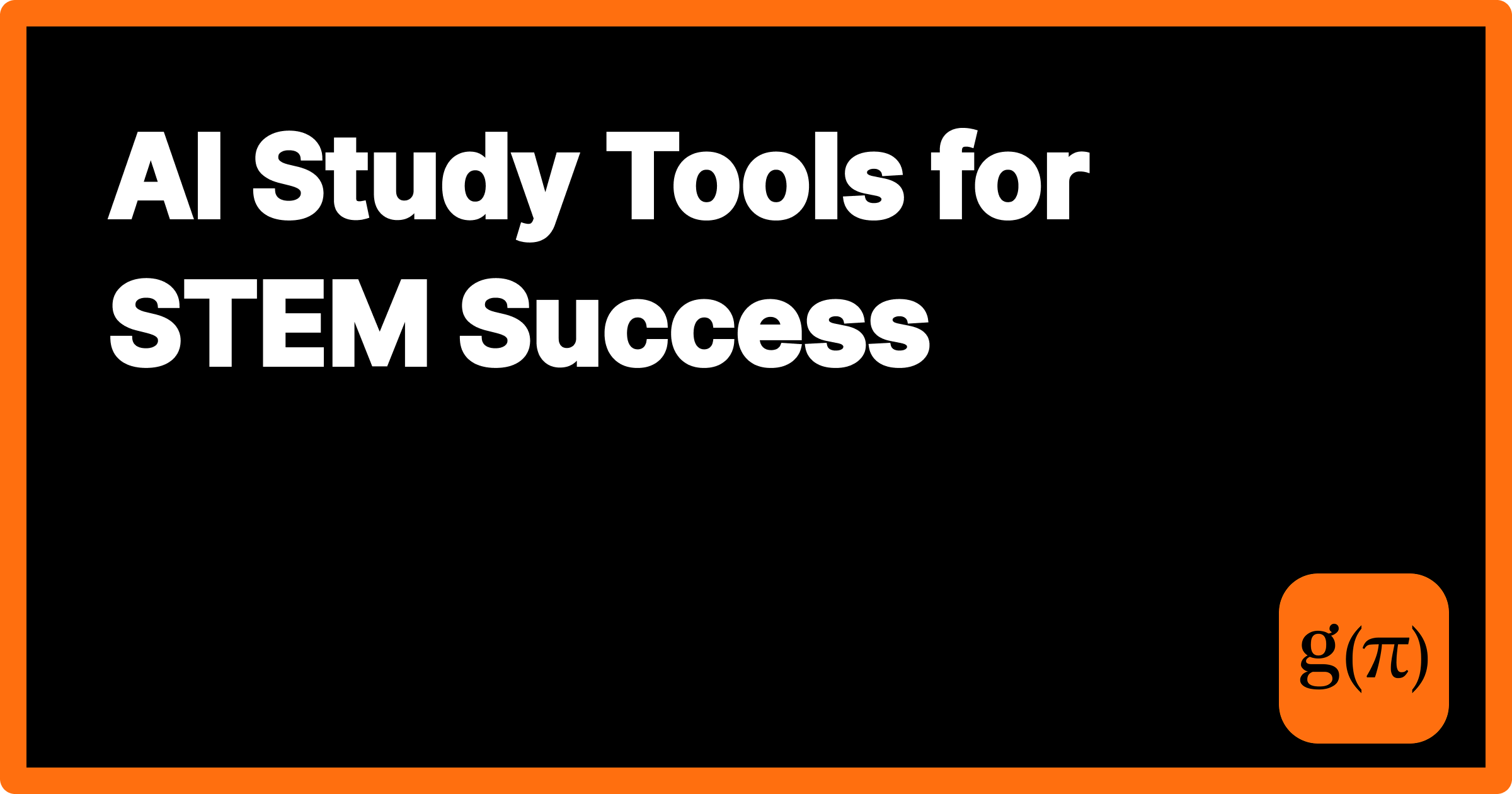
The demanding world of STEM education often presents unique challenges: complex concepts that require deep understanding, vast amounts of information to process, and rigorous problem-solving that tests both knowledge and endurance. From mastering advanced calculus to deciphering intricate biological pathways or debugging complex code, STEM students frequently find themselves grappling with heavy workloads and the constant pressure to excel. The pursuit of scientific and technical mastery is a marathon, not a sprint, and effective study strategies are paramount for success.
Fortunately, the rapid advancements in artificial intelligence are now offering unprecedented opportunities to transform how STEM students learn, study, and prepare for their academic and professional journeys. These intelligent systems are no longer futuristic concepts but practical allies, capable of personalizing learning, streamlining research, and clarifying even the most obscure topics. Embracing these technologies can significantly enhance efficiency and comprehension.
This post serves as an essential ai study tools guide, designed to illuminate how you, as a STEM student, can strategically integrate AI into your daily study routine to not only alleviate academic stress but also foster a deeper, more intuitive grasp of your subject matter. Let's explore the pain points and the powerful AI solutions available.
STEM students routinely face a formidable array of academic hurdles. The sheer volume of information presented in lectures, textbooks, and research papers can be overwhelming, making it difficult to pinpoint critical data or synthesize core concepts effectively. Many struggle with abstract ideas that defy simple visualization, such as quantum mechanics or advanced theoretical mathematics, requiring multiple perspectives and iterative practice to truly internalize. Time management becomes a constant battle, balancing demanding problem sets, lab experiments, lengthy reports, and intensive exam preparation. Traditional learning methods, while foundational, often lack the personalized feedback and adaptive pacing necessary to cater to individual learning styles and knowledge gaps, leaving many feeling like they are falling behind despite their best efforts.
Artificial intelligence offers a robust suite of solutions tailored to address these specific STEM challenges. AI-powered platforms can personalize your learning path by identifying your strengths and weaknesses, then recommending targeted resources and practice problems. They excel at processing and summarizing large volumes of text, helping you quickly extract key information from dense scientific articles or textbook chapters. For conceptual understanding, AI tools can break down complex topics into digestible explanations, often providing interactive examples or analogies that resonate more deeply. Furthermore, AI can generate endless practice questions, offer step-by-step solutions to problems, and even act as an always-available tutor, clarifying doubts and reinforcing learning at your own pace. These tools are designed to augment your cognitive abilities, making your study sessions more productive and your learning more profound.
Several AI study tools stand out as invaluable assets for STEM students. Language models like ChatGPT, Google Bard, or Claude can serve as powerful brainstorming partners, explain complex algorithms, summarize lengthy research papers into concise bullet points, or even generate practice problems for specific topics like organic chemistry reactions or differential equations. Need to understand a challenging physics concept? Ask the AI to explain it in five different ways or relate it to real-world applications.
For computational tasks and step-by-step mathematical solutions, Wolfram Alpha remains an unparalleled resource. It can solve complex equations, plot functions, provide detailed derivations in calculus, and offer data on scientific constants, making it indispensable for engineering, physics, and advanced math courses. Similarly, tools like Perplexity AI offer advanced research capabilities, pulling information from credible sources and often providing citations, which is crucial for academic integrity in lab reports and research projects.
Writing and communication are also vital in STEM. Tools such as Grammarly or QuillBot leverage AI to refine your lab reports, technical essays, and presentations, improving clarity, conciseness, and grammatical accuracy – essential for conveying scientific findings effectively. Adaptive learning platforms, increasingly integrated with AI, can provide personalized quizzes and exercises that pinpoint specific areas where you need more practice, whether it's understanding circuit diagrams or memorizing anatomical structures. Even AI-powered flashcard apps can generate effective study cues based on your learning patterns, ensuring efficient memorization of formulas, definitions, and concepts.
The integration of AI into your study routine is not about replacing your effort or critical thinking, but rather augmenting it. These intelligent companions are designed to make your learning journey more efficient, effective, and ultimately, more successful. By thoughtfully incorporating AI study tools, you can navigate the complexities of STEM education with greater confidence and achieve a deeper mastery of your chosen field. The future of learning is here, and it's powered by AI.